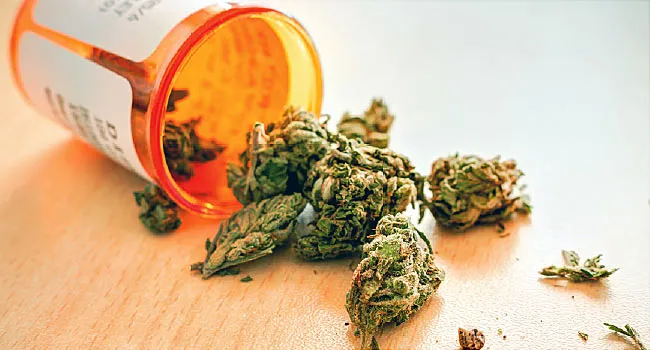Regular readers may recall our post from last month on insurance and CBD oil:
"I had an interesting conversation with a doc who specializes in pain management and is a big fan of CBD oil and its pain-reducing abilities. He also claimed that taken topically (ointment) or even orally, one would likely not get flagged on a drug test."
Well, I recently received this in email from one of my group clients:
"Hi Hank!
Brought to my attention and I didn't know:
CBD oil/salves for anxiety/depression/pain management?
Has anyone asked you about these for HSA write offs?"
Which is a great question.
I did some research, and thought I'd found the answer:
"CBD products are probably not considered HSA- or FSA-eligible, though there hasn't been any formal guidance from the IRS on the matter. This is similar to medical marijuana, which is also not HSA or FSA-eligible even if you're taking it for a diagnosed disorder or to reduce the effects of chemotherapy"
But just in case, I also reached out to our own gurus of all things HSA/FSA/HRA. Their answer surprised me:
"Although we have received no official guidance, it’s seem reasonable that with the passing of the 2018 Farm Bill it can be reimbursed through FSA and HSA’s with a doctor’s note prescribing it for a specific diagnosis."
"I had an interesting conversation with a doc who specializes in pain management and is a big fan of CBD oil and its pain-reducing abilities. He also claimed that taken topically (ointment) or even orally, one would likely not get flagged on a drug test."
Well, I recently received this in email from one of my group clients:
"Hi Hank!
Brought to my attention and I didn't know:
CBD oil/salves for anxiety/depression/pain management?
Has anyone asked you about these for HSA write offs?"
Which is a great question.
I did some research, and thought I'd found the answer:
"CBD products are probably not considered HSA- or FSA-eligible, though there hasn't been any formal guidance from the IRS on the matter. This is similar to medical marijuana, which is also not HSA or FSA-eligible even if you're taking it for a diagnosed disorder or to reduce the effects of chemotherapy"
But just in case, I also reached out to our own gurus of all things HSA/FSA/HRA. Their answer surprised me:
"Although we have received no official guidance, it’s seem reasonable that with the passing of the 2018 Farm Bill it can be reimbursed through FSA and HSA’s with a doctor’s note prescribing it for a specific diagnosis."
So there you have it: the key is in that little script fom the doc.
Sweet!












